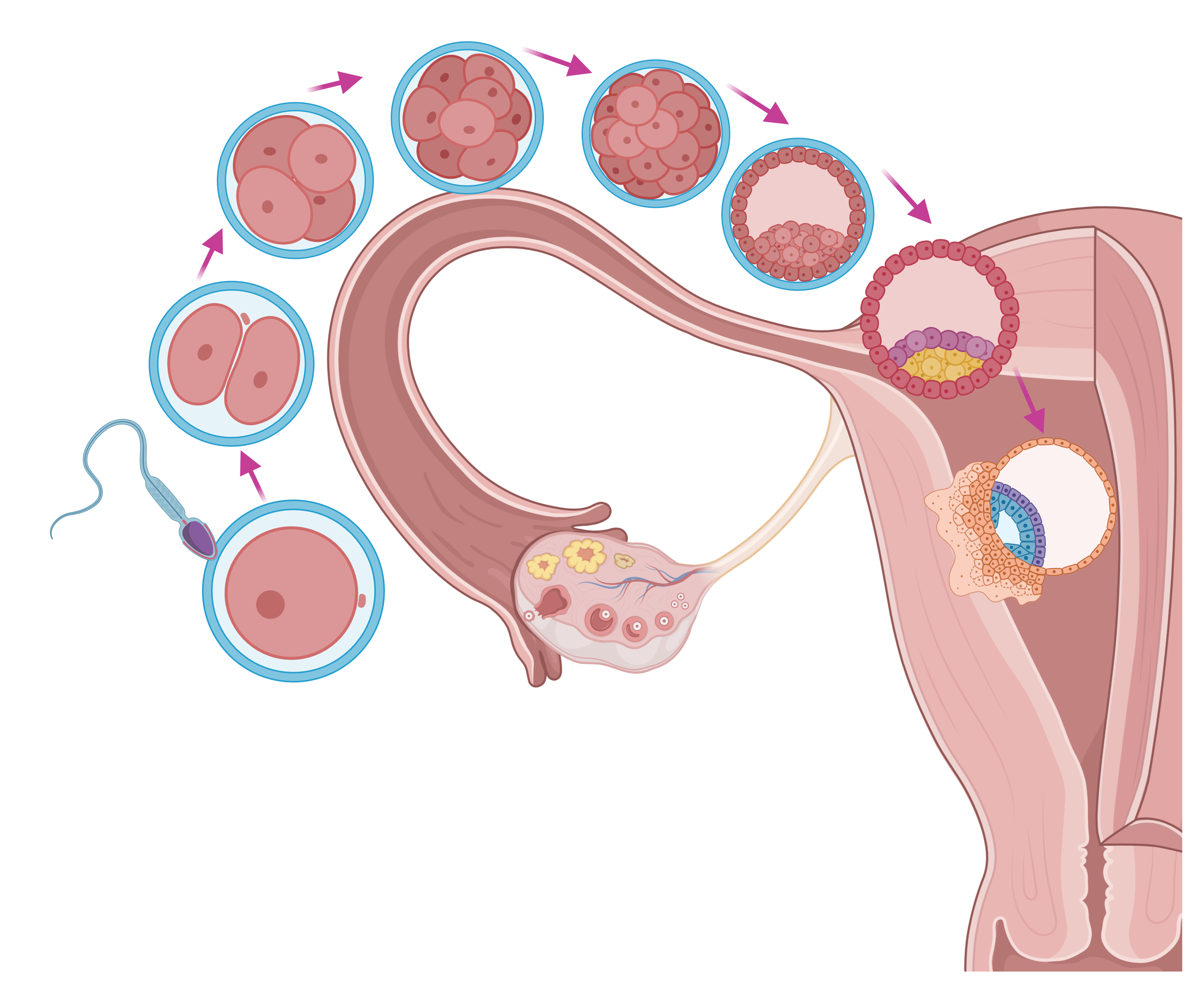
Molecular Regulation and Biomarkers of Endometrial Receptivity
To identify the molecular dynamics and biomarkers of endometrial receptivity and factors affecting embryo implantation.
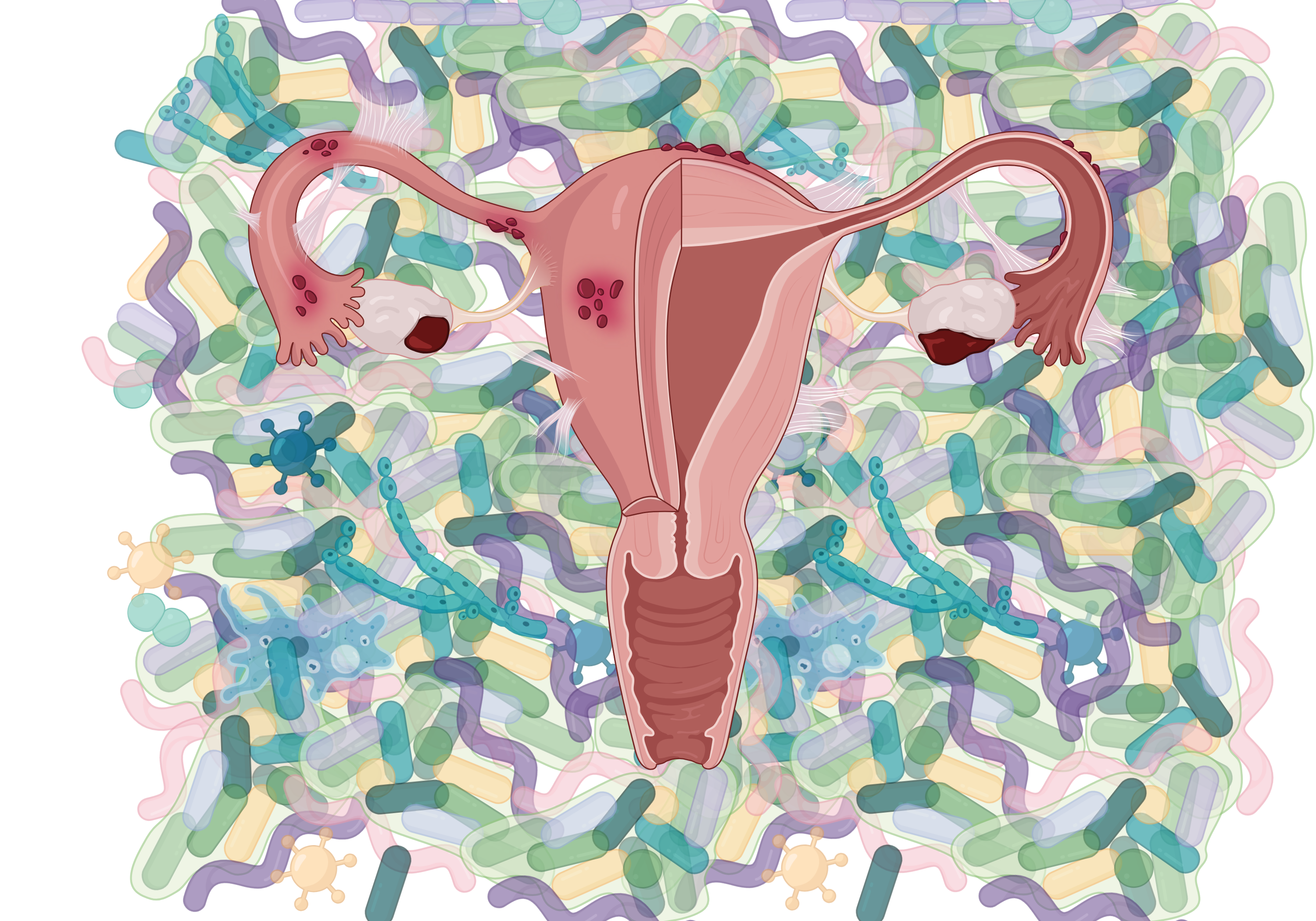
Impact of the Endometrial and Seminal Microbiome on Human Reproduction.
Microbial composition and role in human reproduction, with special attention to endometrial and seminal microbial profiles.
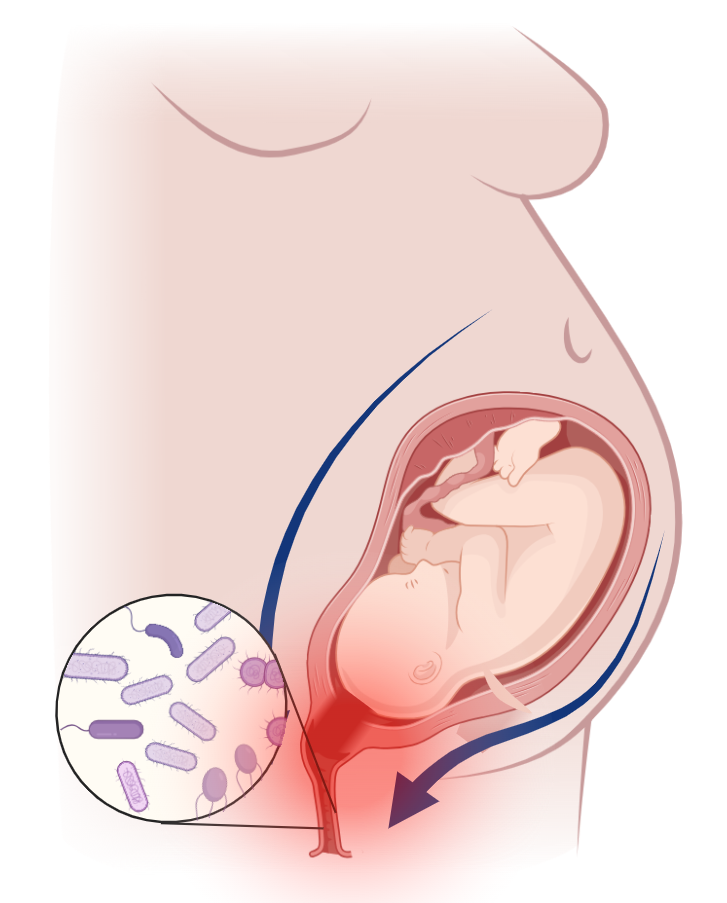
Maternal and placental microbiome in pregnancy.
Identification of microbial biomarkers that can help predict and prevent preterm birth.
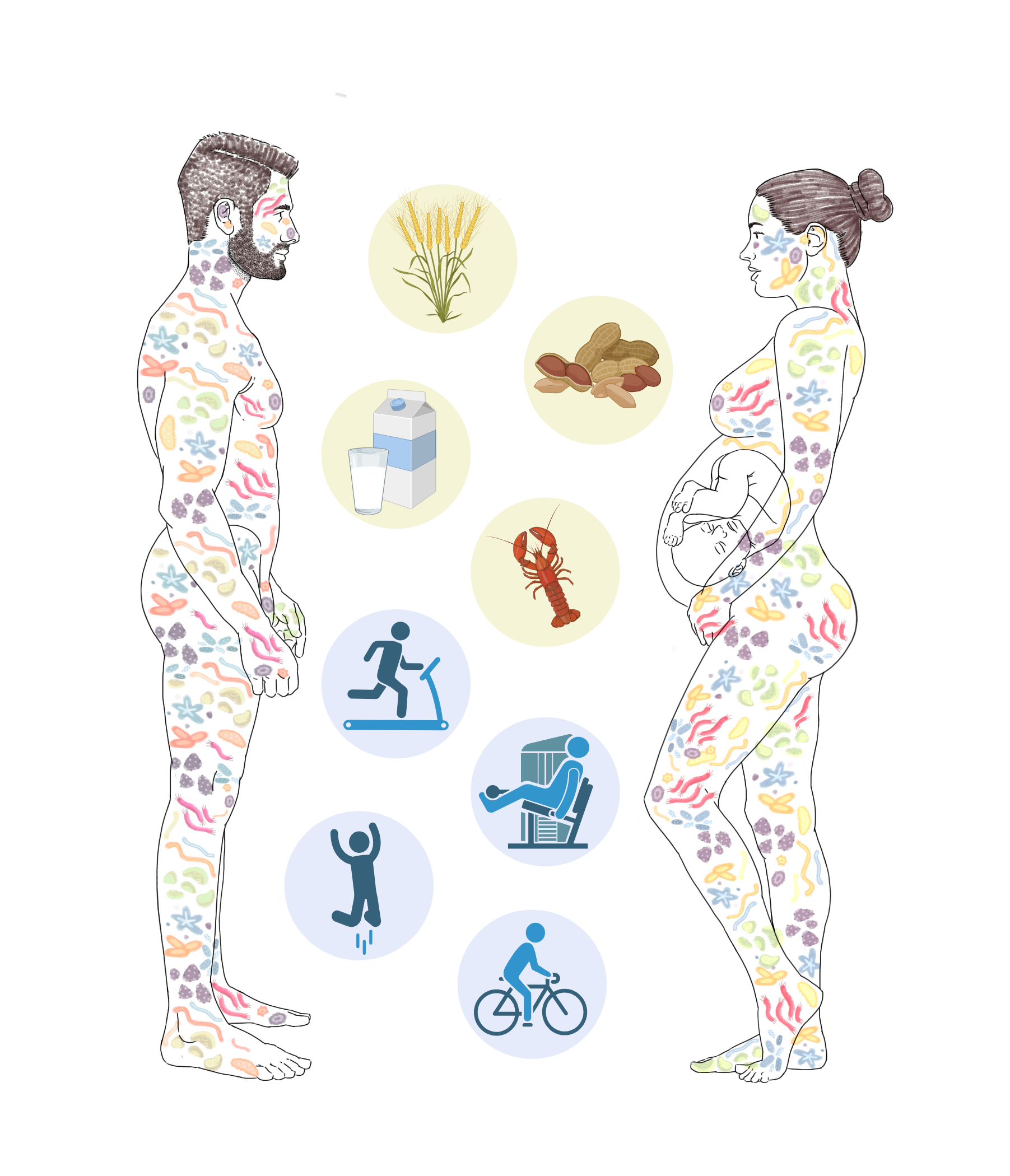
Lifestyle and Fertility: Effect of Diet and Physical Activity
Lifestyle factors, such as diet and physical activity of infertile couples, that may influence infertility treatment outcomes.
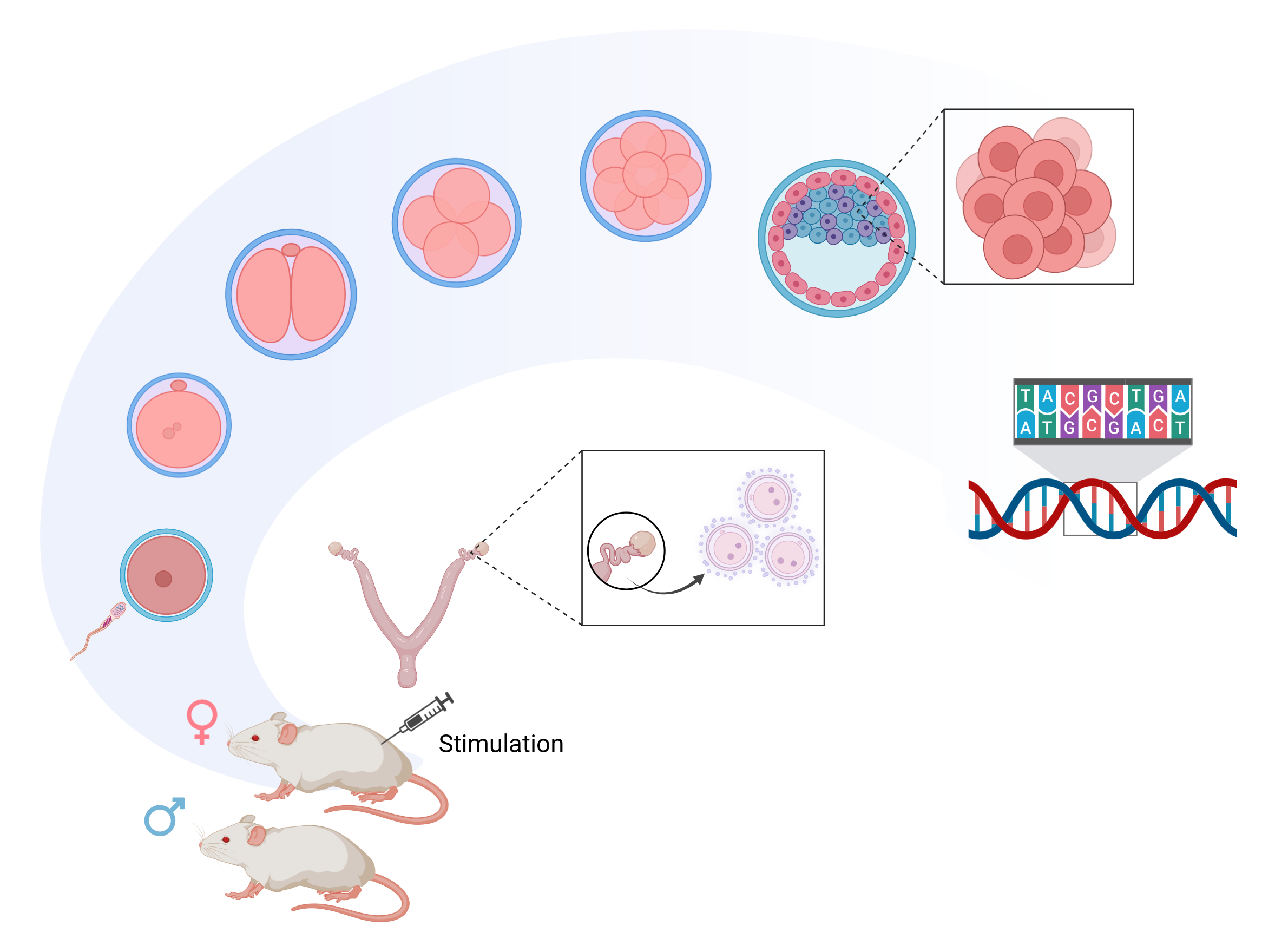
Embryonic Development and Stem Cells
This research aims to reveal the mechanisms that balance epigenetic reprogramming and genome stability during early development and stem cell differentiation using mouse models.
